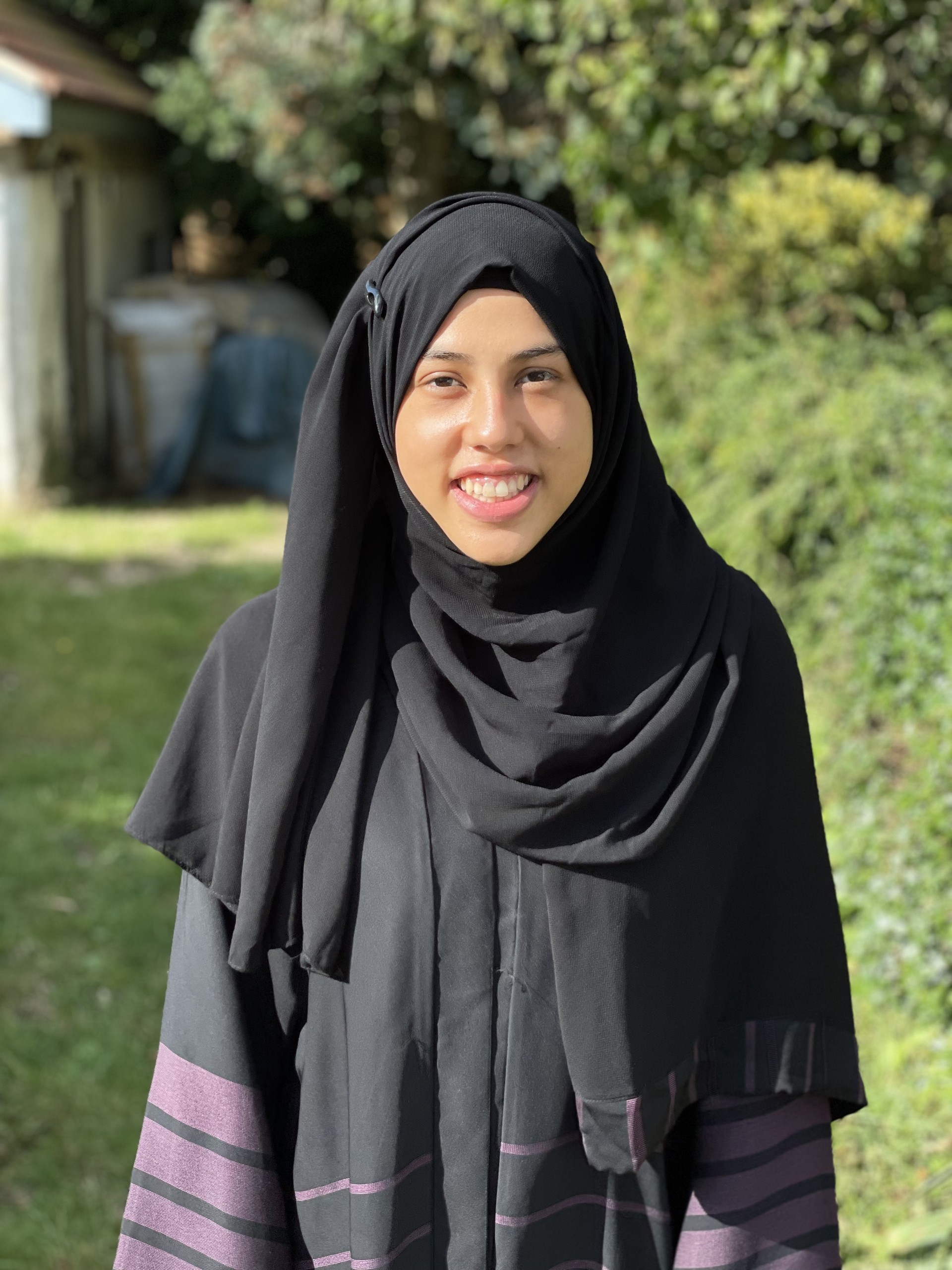
What is your name?
Mariam Ahmad
Where are you from?
I am from England, but my ethnicity is half Chinese and half Pakistani, and I grew up in Qatar and Dubai
To which class you belong to?
MSc Translational Neuroscience, Class of 2024
Where and what did you study before joining Imperial College London?
I studied Biological Sciences at Imperial College London
How did you find your Master experience at the College?
Overall, I found the Master’s to be incredibly stimulating and rewarding. We were constantly challenged to step out of our comfort zones and approach problems from different perspectives. I particularly appreciated how the course was structured into two streams: computational and molecular. This allowed me to focus on computational neuroscience, an area I had not previously explored. I was also amazed at the diverse range of research areas available to us, spanning from psychiatry to bioengineering
Which research project did you work on?
My research project was “Establishing an “-omics” for neurophysiology: a large-scale data-driven approach for clinical electroencephalography and discovery research”, supervised by Dr. Gregory Scott. It involved analysing thousands of EEGs, focusing on age-related patterns and abnormalities. I also used machine learning to predict an individual’s age based on their EEG and to classify EEGs as pathological or not. The research component of the Master’s was a highlight for me as I was able to learn new skills while being given the freedom to explore an area that truly fascinated me
Where are you now?
I am back home in Cambridge
What are you working on?
I’m currently exploring career opportunities in data science, and taking additional programming courses to enhance my skillset
What is the most important lesson you learnt as a Master student?
Time management. When I started the Master’s, I quickly realised that the course was more demanding and intense than my undergraduate studies, which left me with less time for all my extracurricular commitments. It took me some time to accept that I couldn’t do everything at once. Ultimately, I had to prioritise what truly mattered, allowing me to manage my time more effectively
How did the Master programme help you get to where you are now?
The programme has provided me with transferable skills, ranging from machine learning to critical thinking, which will be invaluable for my future career